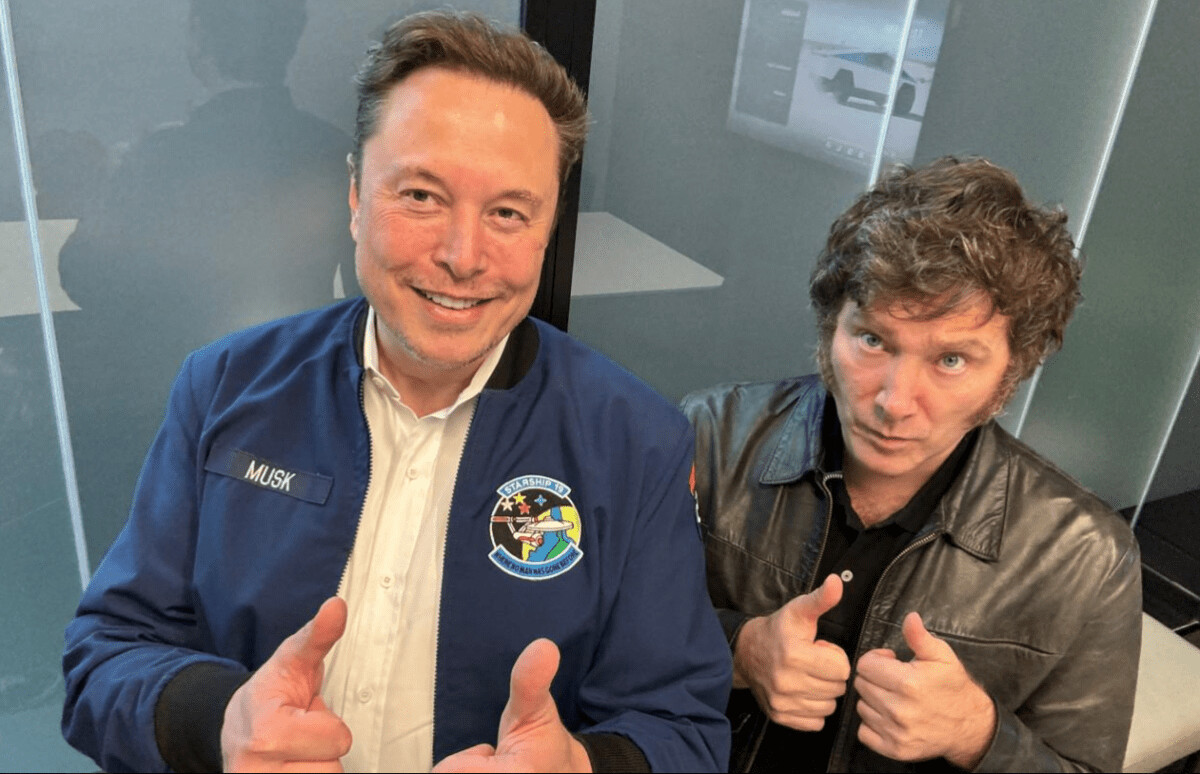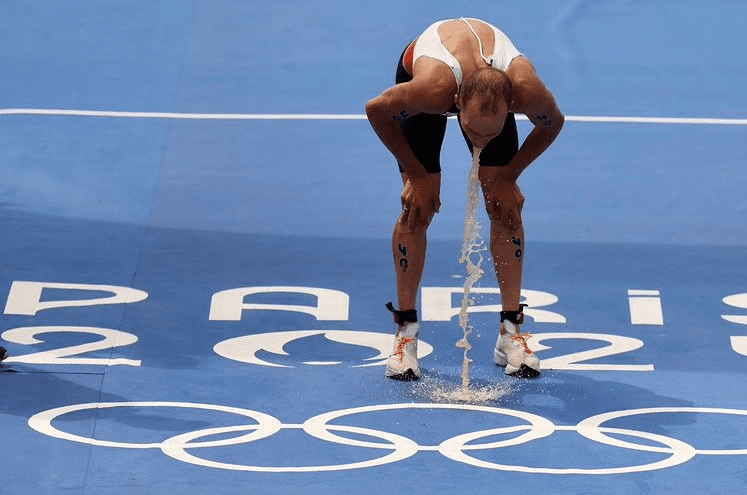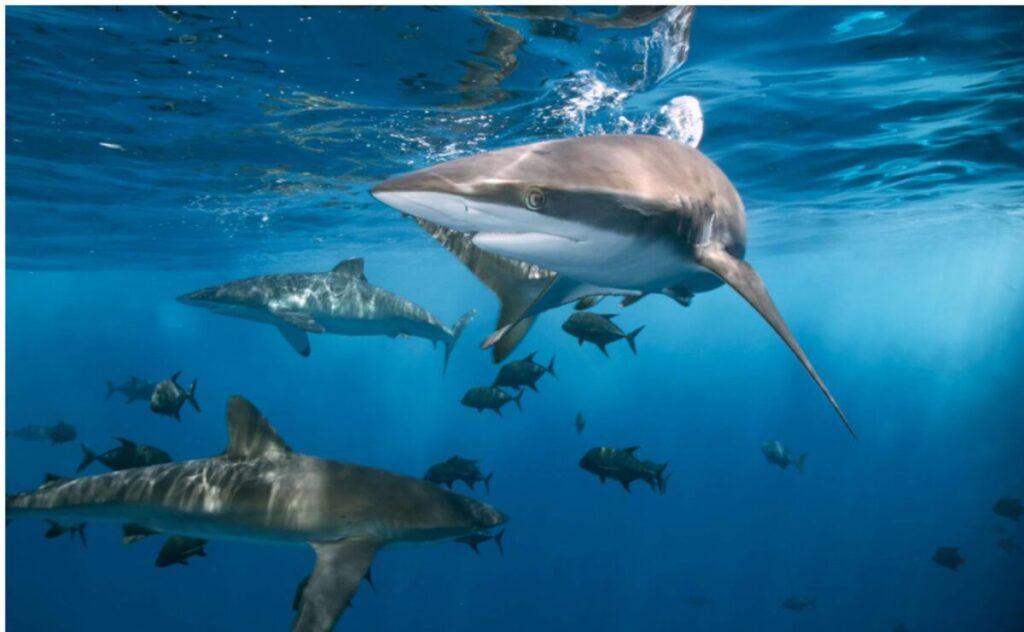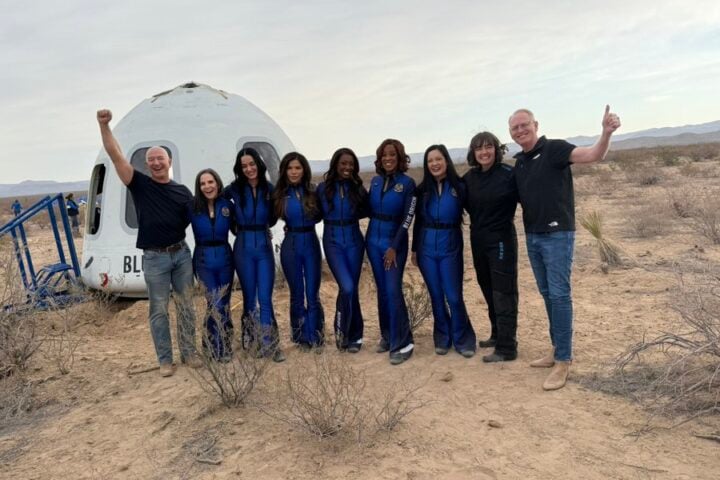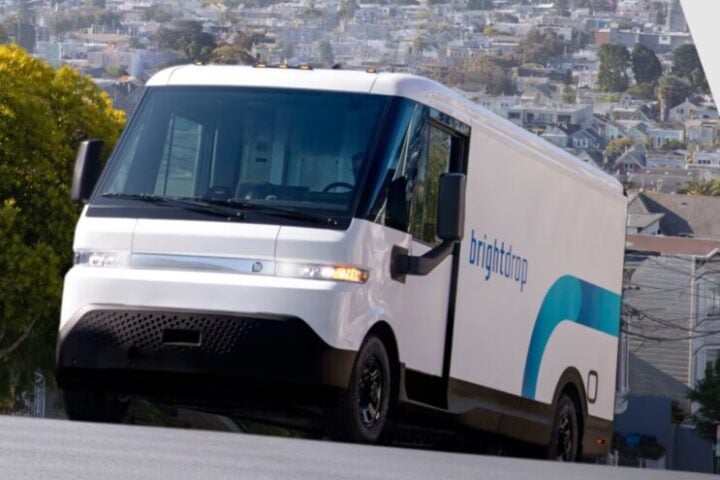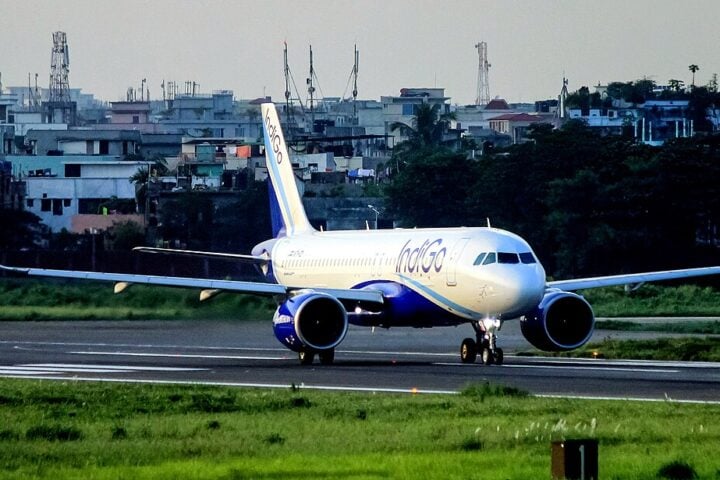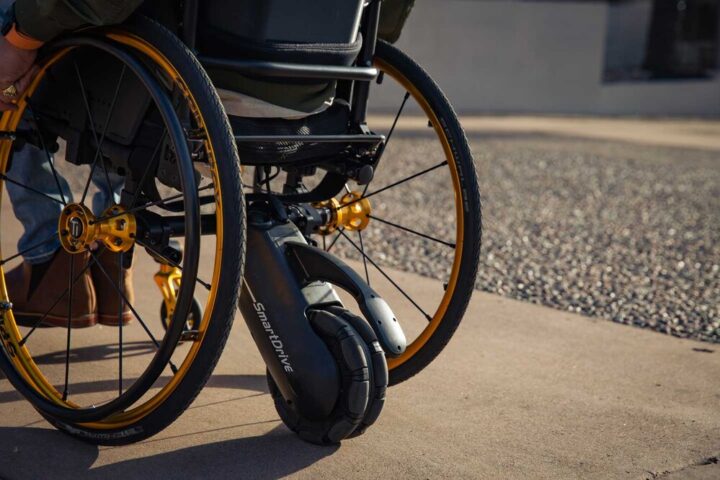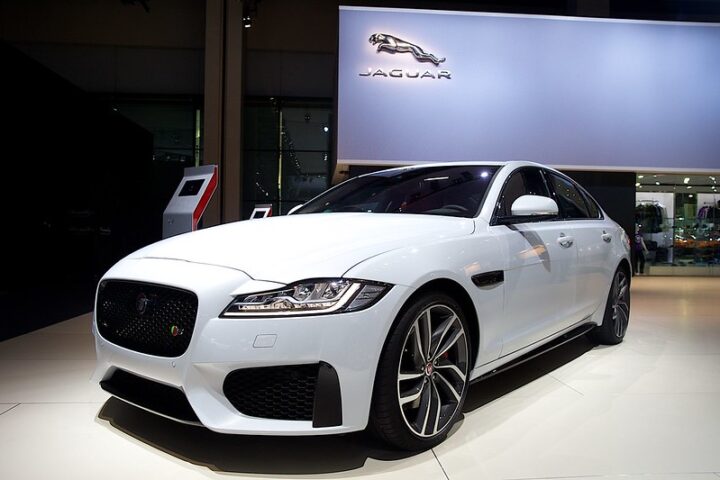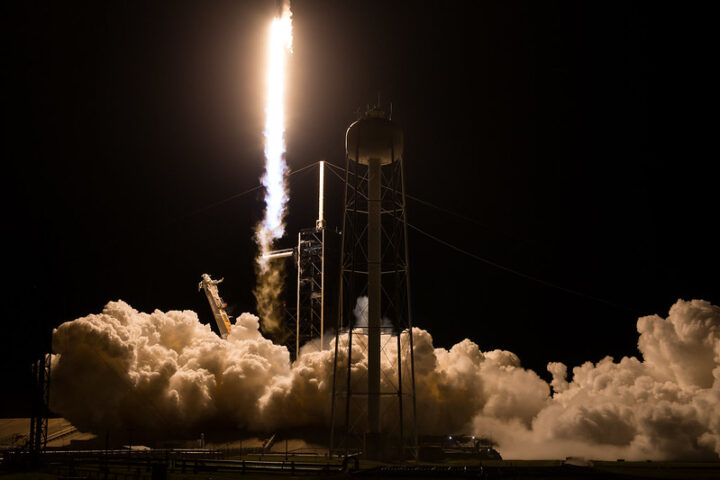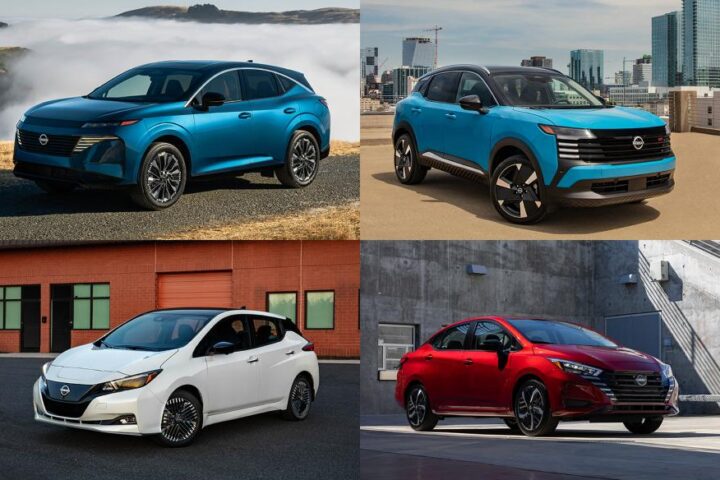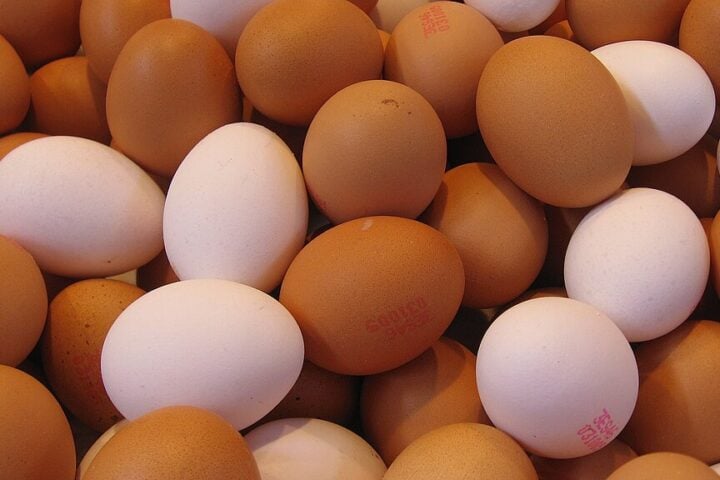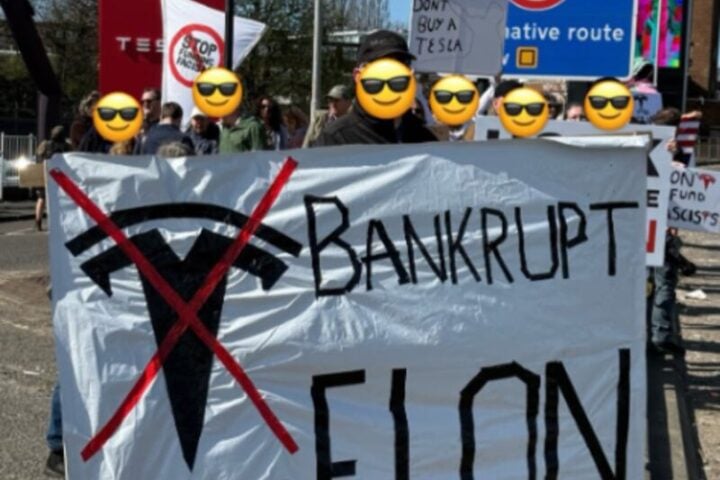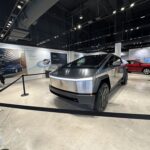In March 2022, under the government of Alberto Fernández, the then Minister of Productive Development, Matías Kulfas. Contrarily, he believed that it was possible that Tesla, the electric car factory owned by Elon Musk, would be set up in Argentina. Tesla executives had come to visit Catamarca, and he took the opportunity to probe them. But, despite the selfies, good vibes, and promises made to President Javier Milei, the magnate has not invested a single peso more in Argentina. Instead, he continues to take away tons of lithium as raw material without investing to add value.
“There were people from Tesla, buyers of inputs from Livent,” Matías Kulfas recounted in a dialogue with Salta/12. The former minister recalled parts of his conversation with them on March 8, 2022. Elon Musk sent them to Catamarca. At that time, the American mining company announced the Phoenix Project in Salar del Hombre Muerto, investing more than a billion dollars to significantly increase its lithium carbonate production.
According to Fortune, Tesla representatives told Kulfas that the automaker was relocating strategic components manufactured in China. Installed in the United States and Mexico. The now-former national official noted the opportunity to test with a center in the area on that occasion. Analia Brizuela from pagina/12 writes “I asked them if Tesla was willing to invest in a car factory in Argentina,” he said about those huge factories that, in his neologism, Musk calls gigafactories. “They answered that it was unlikely,” Kulfas continued, “but that they could consider it in the future, without telling me when, and perhaps to manufacture some component here.” That was all. They provided no further details, and the conversation faded away forever.
Kulfas emphasized in the interview with this newspaper that “Tesla has no investments in Argentina” and that the reason for that trip by its executives to Catamarca was to “secure lithium supplies.” That day, Livent announced that, with the economic injection into its Catamarca plant, production would increase from 20,000 annual tons to 60,000.
The former official also reviewed a dialogue before the visit of Tesla executives to Puna in Catamarca. It was a conversation with Paul Graves, at that time CEO of Livent Corporation, during a virtual panel that took place in April 2021. “He considered it impossible to develop the electric car industry in Argentina or Brazil due to the requirements of lithium-ion batteries,” the former minister asserted. In that webinar, aptly named “The Argentine Lithium Industry and Its Role in the Global Energy Matrix Transformation,” Kulfas had tried to set the stage. Among the participants—including the three governors of the provinces of the Lithium Triangle—he stated that the national government’s strategy was both to industrialize lithium and to integrate the country into the global technological development of electromobility.
Similar Posts
The conversation between the national official and the representatives sent by Elon Musk to Puna confirmed that Tesla maintains a long-standing relationship with the current owner of the Phoenix Project, the company Arcadium Lithium. It didn’t start with Milei. This was confirmed to Salta/12 by the company itself. “How long have you had agreements with Elon Musk’s automaker?” the newspaper asked the miner. “The exact date is not public, but it can be said that it has been more than a decade since Livent was part of FMC. We were also one of Tesla’s first major suppliers,” they responded by email.
Minera del Altiplano was the local subsidiary of FMC Corporation, the American company that began exploring lithium in Salar del Hombre Muerto in 1996. The miner made its agreement with Tesla visible after FMC completed the process of separating the agro-industrial part from the chemical. In a report from the second four-month period of 2020, the miner stated tersely to pagina 12: “Livent extended its multi-year lithium hydroxide supply agreement with Tesla until 2021, with a commitment to higher volumes than in 2020. Livent continues to discuss the framework for a long-term supply partnership with Tesla beyond 2021.”
